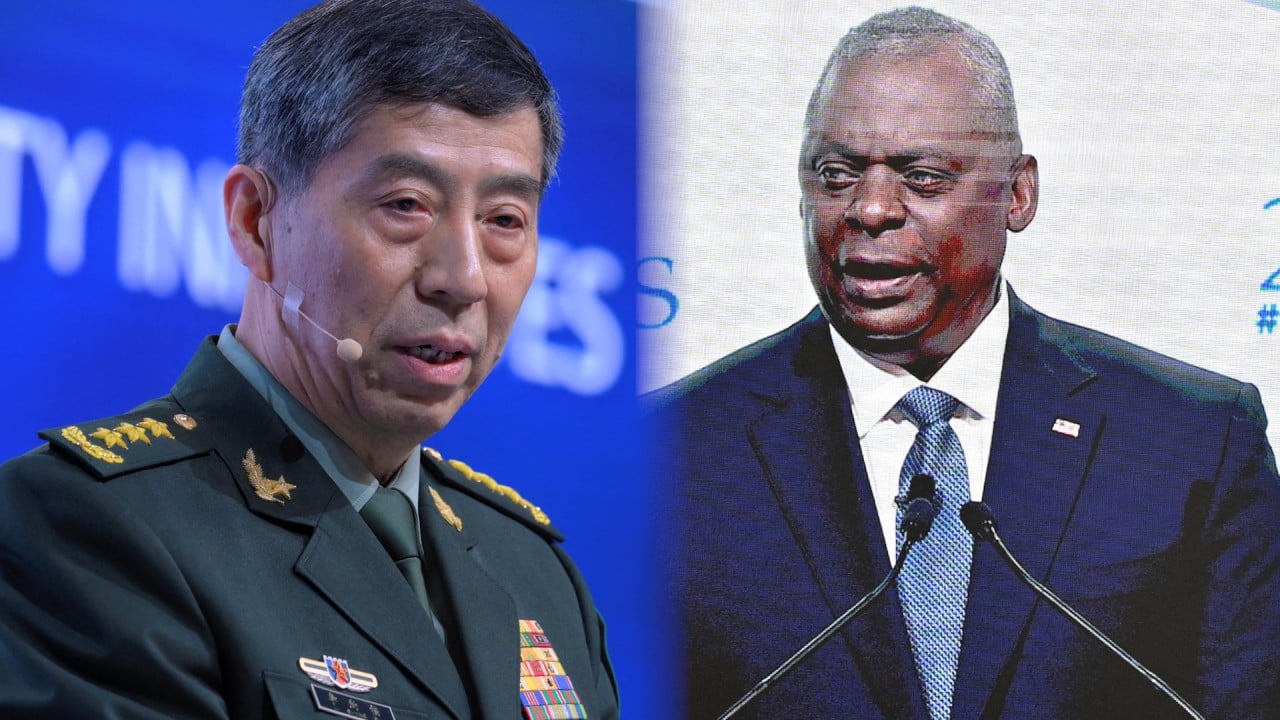China’s foreign ministry called the manoeuvre “lawful” and “justified” in the face of US provocation, accusing Washington of “stirring up trouble” in the Taiwan Strait.
The incident coincided with the release of an analysis from the South China Sea Strategic Situation Probing Initiative , a Beijing-based defence think tank, which argued that China has the right under international law to intercept US warships sailing through the strait.
But the think tank argued that coastal states such as China have the right to determine what constitutes “innocent passage” under Article 25 of the United Nations Convention on the Law of the Sea (UNCLOS).
“There has never been an unrestricted right of navigation in the convention or in general international law,” its analysis read. “US warships may exercise the right of innocent passage, but at the same time must respect the coastal state’s determination of whether the passage is innocent.”
But diplomatic analysts from both the US and China questioned this reading.
“Under international law, innocent passage is only relevant within a state’s 12-nautical-mile [22km] territorial sea,” said Gregory Poling, director of the Asia Maritime Transparency Initiative at the Centre for Strategic and International Studies.
He said the strait, which is 130km (70 nautical miles) wide at its narrowest point, is “far too wide to be considered territorial waters under any circumstances”.
Ma Jianying, director of the Centre for Maritime Security Studies at Shandong Normal University, said: “Objectively speaking, the US warships have the right to pass through the Taiwan Strait.”
But according to Ma, China views US navigation exercises as a “tactic to bully China”, and sending out its own warships was a signal to deter future passage.
“China has no other choice,” Ma said. “It can’t stop the US warships passing across the Taiwan Strait, so it has to send out its own warships.”
China has long considered US warship passages through the strait as needlessly provocative and a challenge to its claims of sovereignty over Taiwan – which Beijing considers to be a renegade province that should be brought back to the fold, by force if necessary.
Immediately following the most recent incident, Senior Colonel Shi Yi, a spokesperson for PLA Eastern Theatre Command, said US actions were undermining regional peace and stability and sent “the wrong signals to Taiwan independence forces”.
James Kraska, chairman of the Stockton Centre for International Law at the US Naval War College, said: “[Beijing] routinely exercises its right of navigation and overflight near neighbours and distant states, but creates ‘incidents’ when the United States conducts the same operations at the same distance from China.”
“China’s actions increase the likelihood of further situations like we saw over the weekend and raise the possibility of conflict,” he said.



